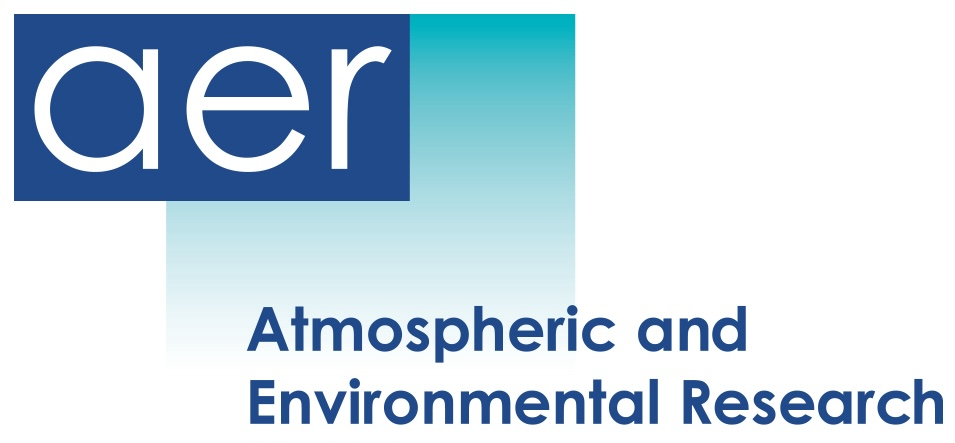Highlights:
- New weather satellite system will significantly improve severe weather warning time.
- Successful completion of the Critical Design Review (CDR) results in approval to begin the implementation phase.
- Harris completed the design review milestone on schedule and within budget.
MELBOURNE, FL, June 6, 2012 — Harris Corporation (NYSE:HRS), an international communications and information technology company, has successfully completed the Critical Design Review and has been approved to begin implementation of the National Oceanic and Atmospheric Administration's (NOAA) Geostationary Operational Environmental Satellite — R Series (GOES-R) Ground Segment. Harris is the prime contractor and systems integrator for the 10-year contract to produce the GOES-R Ground Segment, which will process approximately 60 times more data than is possible today, and deliver weather products to the National Weather Service and more than 10,000 other direct users.
The Critical Design Review (CDR) is a formal technical review of the detailed design of the Ground Segment and how it will operate within the overall GOES-R system. The Ground Segment encompasses receiving and processing of satellite data, generating and distributing of products from satellite data, and command and control of operational satellites.
Successful completion of the CDR establishes a firm design baseline for advancing to the implementation phase of the program. It is the culmination of more than 70 software and hardware design reviews, as well as operational reviews of the mission management, product generation, product distribution, enterprise management and infrastructure capabilities.
Today's GOES satellites provide the familiar images and time-lapse sequences used in television weather forecasts. They are one of the primary tools used by NOAA to detect and track hurricanes, thunderstorms, tornadoes and other severe weather in the continental U.S. and western hemisphere. The next-generation GOES-R system will provide significant improvements over the current GOES satellites. It will feature improved image resolution and will increase the rate of imagery coverage of the Earth's surface from every 30 minutes to every five minutes in normal conditions - and every 30 seconds during severe weather events. In addition, the GOES-R system will provide a new capability for the continuous monitoring of all (in-cloud and cloud-to-ground) lightning activity, providing increased warning lead time for severe storms and tornadoes.
"This milestone establishes the detailed design of the Ground Segment, including hardware, software and operations designs," said Ray Thorpe, vice president, GOES-R programs, Harris Government Communications Systems. "During the CDR, Harris also demonstrated early deployment of key functions of the system, illustrating its design maturity and efforts to reduce risk."
Industry members of the Harris GOES-R Ground Segment team include Verisk Analytics (Nasdaq:VRSK) company Atmospheric and Environmental Research Inc., Boeing Mission Systems, Carr Astronautics, Honeywell Technology Solutions Inc., Wyle Information Systems LLC, and Applied Research and Engineering Sciences. The team is providing a service-based, open-architecture solution to accommodate the exponential increase in data to be taken in, processed and distributed to thousands of direct users.
Harris is a recognized leader in satellite ground data processing and mission command-and-control systems. The company's ground data processing systems consist of complex suites of hardware and software that receive sensor data from satellites, turning it into useable information. The company's command-and-control systems feature commercial-off-the-shelf design and high levels of flexibility. Designed for government and commercial applications, they support single-satellite missions, as well as some of the largest and most complex satellite fleets deployed today.
About Harris Corporation
Harris is an international communications and information technology company serving government and commercial markets in more than 150 countries. Headquartered in Melbourne, Florida, the company has approximately $6 billion of annual revenue and about 17,000 employees — including nearly 7,000 engineers and scientists. Harris is dedicated to developing best-in-class assured communications® products, systems, and services. Additional information about Harris Corporation is available at www.harris.com.
Contacts:

